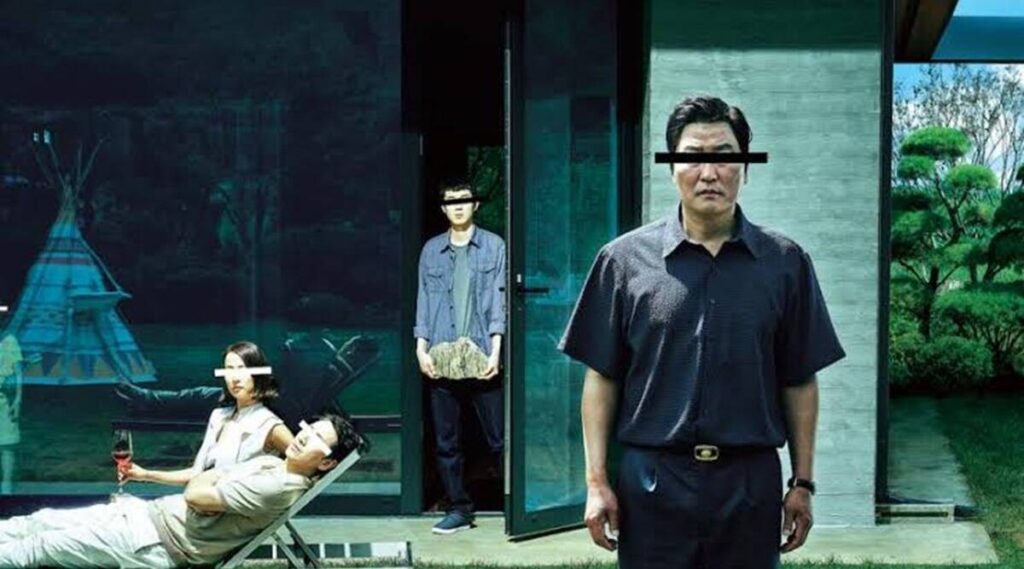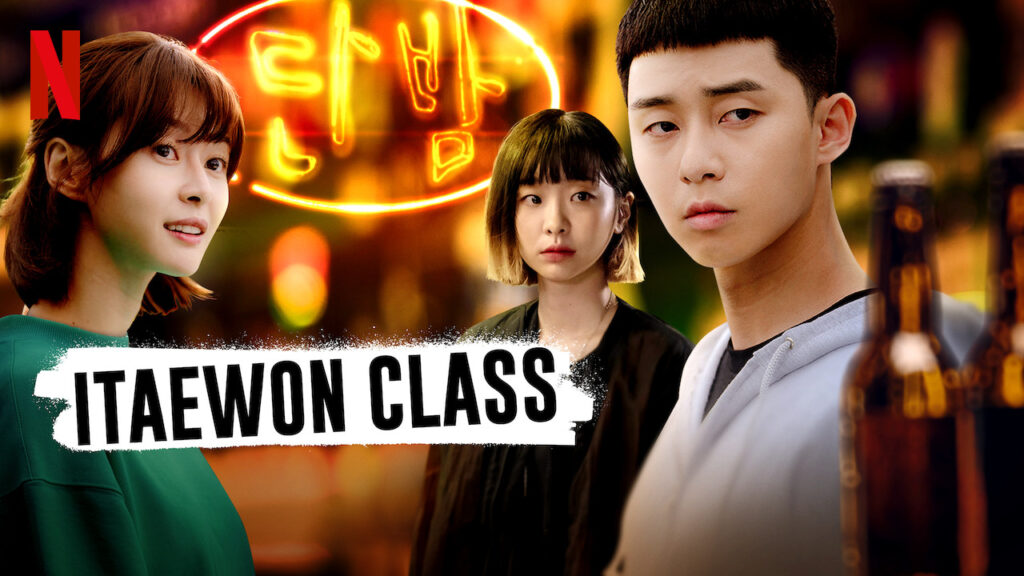
Before anything else, let me just be clear. This feature isn’t just for Koreans.
Korean digital entertainment has made incredible strides in just a couple decades. K-pop is the most obvious one, reaching billions of fans worldwide, and earning billions as well. Then there is Korean cinema, which is, in my opinion, some of the most underrated content in the world. I’ve been an avid consumer of Korean movies for a while now and can’t help but notice its superiority in a lot of aspects (story, characters, cinematography, etc.) compared to Hollywood blockbusters. Not only that, but it is often done with a fraction of the budget.
The good news is, Korean cinema is getting noticed more and more. Oldboy, The Host, and Memories of Murder are just a few classics that let Korea first break into the global scene. Back when I was a middle schooler, I began to notice more and more Korean movies coming to American theaters, and it’s how I was able to enjoy titles like New World, A Taxi Driver, and Along With the Gods. And last year, Parasite became a global must-watch that made history at the Oscars, winning four academy awards. These movies show that Korean movies don’t just have to be for Koreans, and that good movies can transcend language barriers. I highly recommend you see these titles for yourselves.

But what about Korean TV? In my opinion, it’s an entirely different industry. Most of the market is saturated with romance soap operas, called K-dramas, aimed at middle aged women. As a result, they suffer from a host of problems, like crummy acting and lazy writing. This isn’t necessarily an issue, however. If the content is entertaining for its demographic, and the show serves its monetary purpose, then there is no reason for its producers to try any harder. But now, we’re beginning to see these shows coming onto streaming platforms like Netflix, and reaching a wider audience of all ages. We’re seeing these shows adopt more modern premises and casting actors that are popular among younger audiences. If you haven’t already noticed, they take up a significant portion of everyone’s Netflix browsing page these days.
Personally, I cannot stomach most of these shows. Some of you might recognize titles like Crash Landing on You and Itaewon Class. Don’t let me spoil these shows for you if you enjoy them, but they are objectively lacking in a lot of ways. After sifting through these shows, I finally stumbled upon one that truly engaged me, and stands far from the rest: Extracurricular. Let’s talk about what Extracurricular does well, and what typical K-drama problems it avoids.

When you first start a K-drama, it’ll probably be great. I reluctantly watched Itaewon Class by a friend’s recommendation. the first two episodes were great and genuinely moving for me. Then, things started to slow down a bit in the third, and I began to worry if I was being led into the same trap that I had fallen into many times before. Sure enough, the story came to an agonizing crawl by the eighth episode. In the ninth, there is a scene where a child gets lost chasing a cat and the main characters look for her and find her in a playground. That’s it. It didn’t change the characters in anyway or have any impact whatsoever on the overall story. That’s when I decided I couldn’t take it anymore.
This illustrates a fundamental issue with K-dramas. They exist for monetary gain and do the absolute bare minimum for it. The writer’s hook you with the initial episodes, then stop trying in the middle, then try again on the final episodes to leave you with a good impression. These middle episodes are riddled with scenes that exist just to waste your time, but they are sprinkled with just enough cliff hangers to keep you wondering and hold you over until the end. As far as the producers are concerned, you’ve just watched their entire show and put more cash into their pockets.
Another problem with K-dramas is the lack of subtlety. They are extremely clear about what they want you to be thinking and feeling at any given moment. If it’s supposed to be a funny scene, enter goofy music. If we’re supposed to be sad, enter the violins. It’s pretty much one song for each emotion, and they get played every single time. If the current scene is relevant to a previous one, instead of letting the audience make the connection on their own, there is always a flashback, even if the scene happened minutes ago. Sometimes, characters will even talk out loud about how they’re feeling when they’re all by themselves. Who the hell are you talking to?
Finally, what I always complain about on this feature: the characters. First off, I can’t get over how they talk. It’s an understood rule with these shows that every single line the actors deliver have dramatic pauses between them. But why does this have to be the case? I get that it’s supposed to make them sound cooler, but nobody talks like that. Not only can I not relate to these characters as a result, but “dramatic” moments are ruined because of how hilariously stupid it sounds. Characters are also simplistic. Each one has pretty much one trait, then every scene featuring them is devoted to shoving that trait in our faces, as if we’ll forget it if they stop. The bully won’t stop going out of his way to show people how much of a bully he is. The character who wants revenge won’t shut up about how much he wants it.

To be honest, I could go on forever about all the things these shows do wrong. The important takeaway is that Extracurricular avoids all these problems. It follows a high school student’s life in the harshly competitive and stressful 21st century Korean society, and his illegal side hustle that lands him in trouble. Characters are unpredictably deep and change over time. The show conveys deep themes using clever symbolism and metaphors. And the show’s social commentary on modern Korean society and its students is chillingly dark. It’s also just shot better. You can tell that the producers actually cared about what was occupying the screen.
To me, Extracurricular is the beginning of Korean TV finally following in the footsteps of Korean movies and rising from its status as a niche form of entertainment. As I said before, this show doesn’t have to be just for Koreans. If the past decade of Korean movies has said anything, its that you should give Extracurricular a chance.